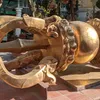Nature, travel, solidarity: how artists unleash their creative spirit on the journey to success
Three artists share insights on their creative process, inputs for inspiration, and upcoming projects. Read, learn, and share!
Launched in 2014, PhotoSparks is a weekly feature from YourStory, with photographs that celebrate the spirit of creativity and innovation. In the earlier 685 posts, we featured an art festival, cartoon gallery. world music festival, telecom expo, millets fair, climate change expo, wildlife conference, startup festival, Diwali rangoli, and jazz festival.
The creative journey for artists often involves a combination of interaction, connection to social movements, and deep introspection. A willingness to experiment is key, as well as embracing the twists and turns in life’s journey.
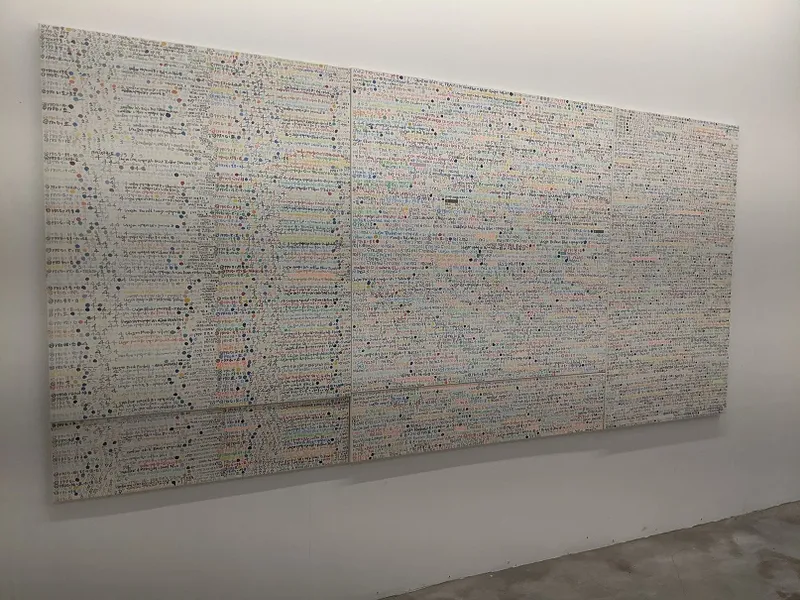
“At times, art is a solitary activity, but it is also one that connects people to society and to nature,” Japanese artist Yohei Imamura explains, in a chat with YourStory.
“The act of placing oneself in the midst of grand nature and aiming for the top of the mountain is very similar to my creative process,” he says, describing his approach to art.
Such activities draw on body movements repeated thousands of times, expressions created throughout the years, and even subtle misalignments. This also involves mistakes and even failures.
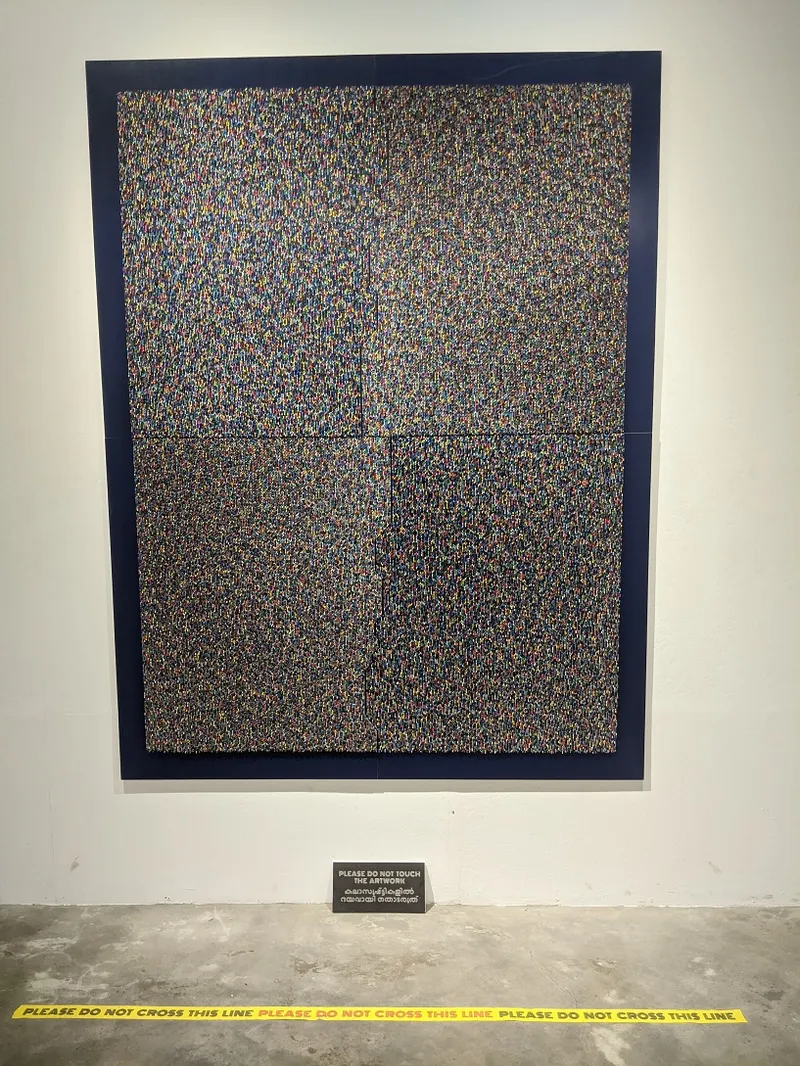
“There are times when I go into the mountains alone to overcome my mistakes and failures. When you go deep into nature, your worries seem insignificant and you can empty your mind,” Yohei describes.
“New thoughts sprout in the refreshed mind. Those sprouts will then move forward,’ he affirms.
Depending on the size and number of layers, Yohei’s artworks range in price from $10,000 to $50,000. His works are displayed at festivals around the world.
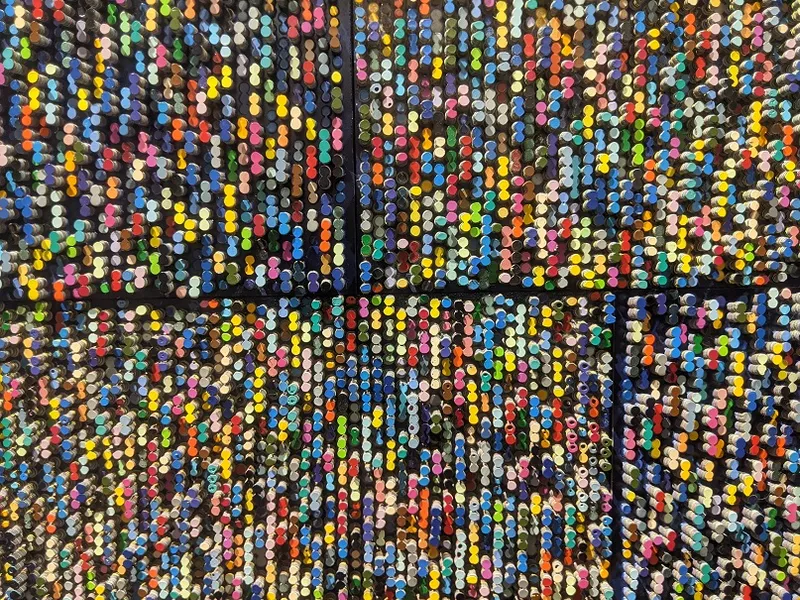
“I am interested in the Sculpture Projects Münster in Germany,” he says. His works were also on display at the fifth edition of the recent Kochi-Muziris Biennale, from where we share a range of art exhibits in this photo essay.
The artistic journey for Jean-François Boclé from Martinique includes residencies in France as well. “Since January, I have been in a writing residency. I am working on my first book, Les Chroniques de Mamoudzou,” he says.
He also has an upcoming exhibition in May with the artists Barthélémy Toguo, William Kentridge, and Kara Walker in Nantes. He even has a solo exhibition on the question of cooking.
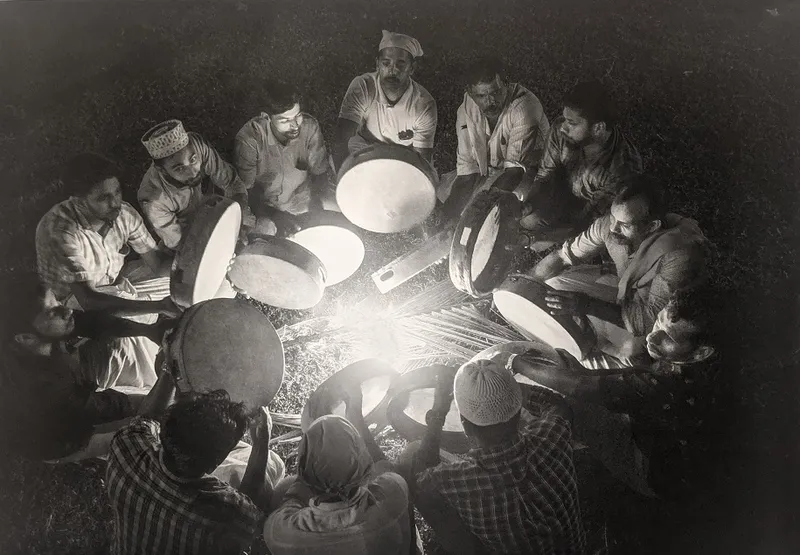

“At the end of June, I will be in a performance on the works of Frantz Fanon, with my nephew Julien Boclé, who is a dancer and choreographer,” Jean-François says.
See also our earlier six-part photo essay series on the fourth edition of the Biennale here, as well as coverage of the Aichi Triennale (Japan) and Bangkok Biennale (Thailand).
“I look back now and am in some way grateful that I did not go to art or design school so I could explore various creative spaces. That way, I could see if I enjoyed them without feeling compelled to stick to one lane,” recalls artist-designer Annah Chakola.
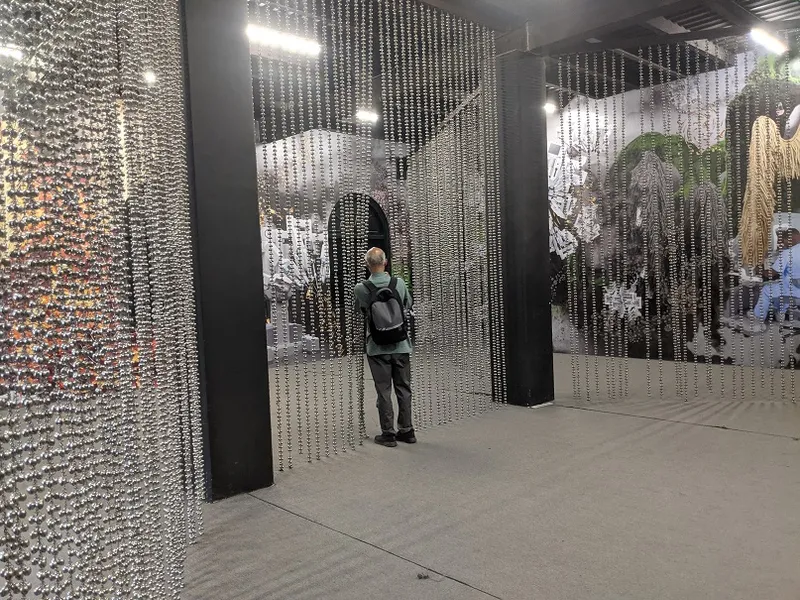
“At one chapter in my life, I spent a lot of time living a nomadic existence on the road. I participated in festivals across North America selling my jewellery,” she adds.
“One of the biggest highlights in my creative journey though was moving back to India after 25 years of being away, and starting all over again,” Annah enthuses.
She was able to get more grassroots work across India. “I now have a vast network across many paths and can create a contemporary voice with the traditional craft that has a reach all over the world,” she describes.
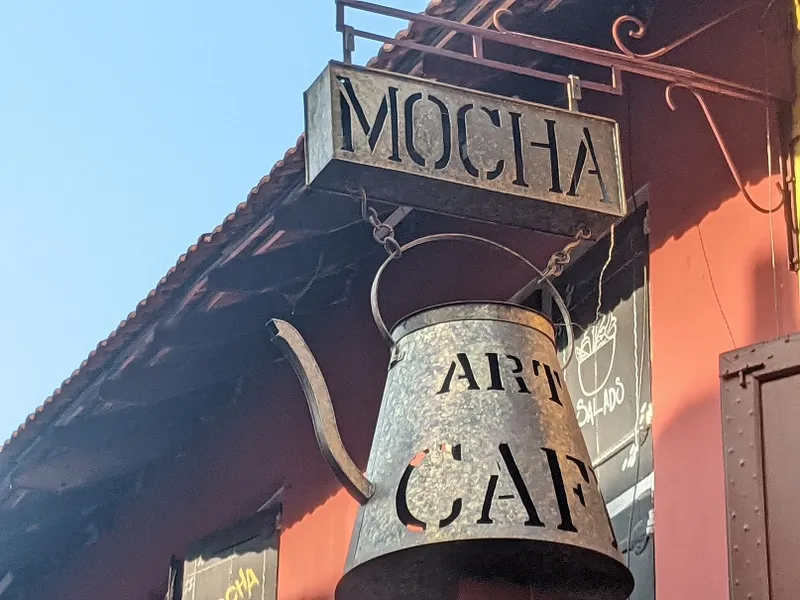
This also set the platform for her to be invited to create the first official shop for the Kochi-Muziris Biennale. Her future projects involve the lifestyle space, more than just fashion.
“I think inspiration lies in all the small details. I love helping people find special pieces that inspire them to be the most creative version of themselves,” Annah says.
Art today spans the physical and digital worlds, in unexpected and delightful ways – though not without its challenges as well. Digital spaces reach across narrow geographical, theological and political concerns, according to Biennale curator Shubigi Rao.
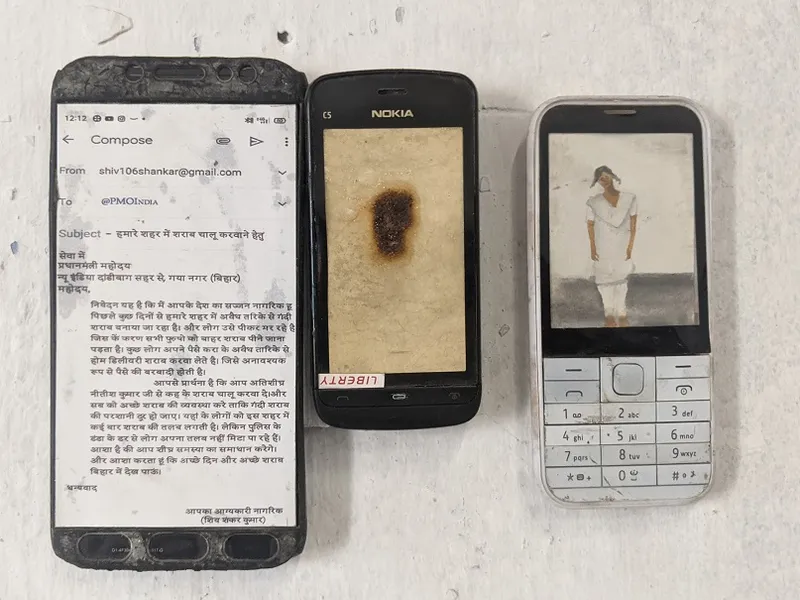
Many artists have chosen to address the growth of digital media as expressive platforms, as shown in this photo essay. Others have addressed the role of rituals as forms of expression, outdoor murals as expressive spaces, and the human impacts of conflict.
“Solidarity crosses over, solidarity in the shared ideal, whether it be free speech, free press, individual liberty, defining the true spirit of the law and jurisprudence, and the emancipation of people,” Shubigi signs off.
Now, what have you done today to pause in your busy schedule and find new avenues to apply your creativity?
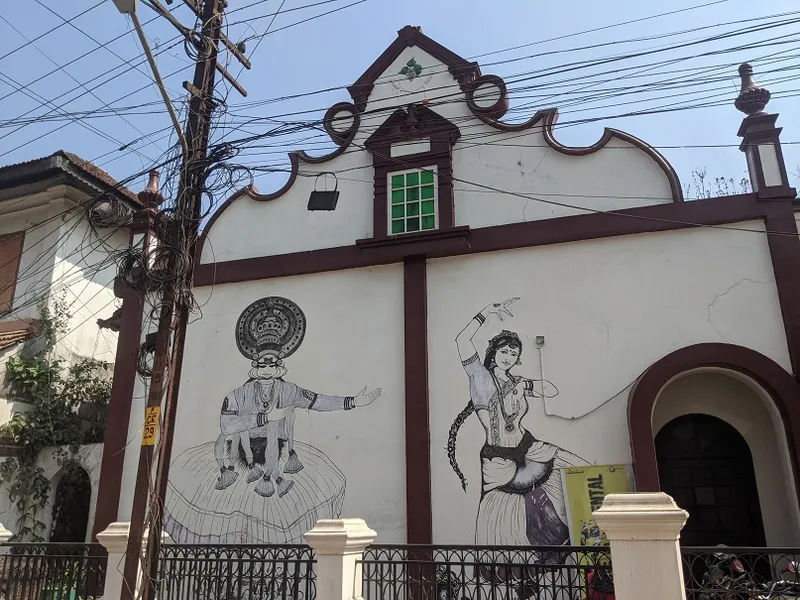
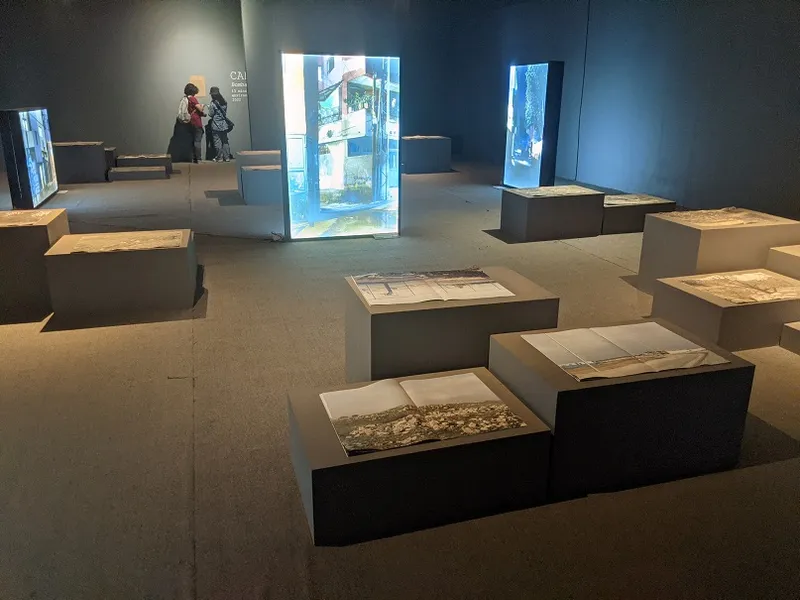
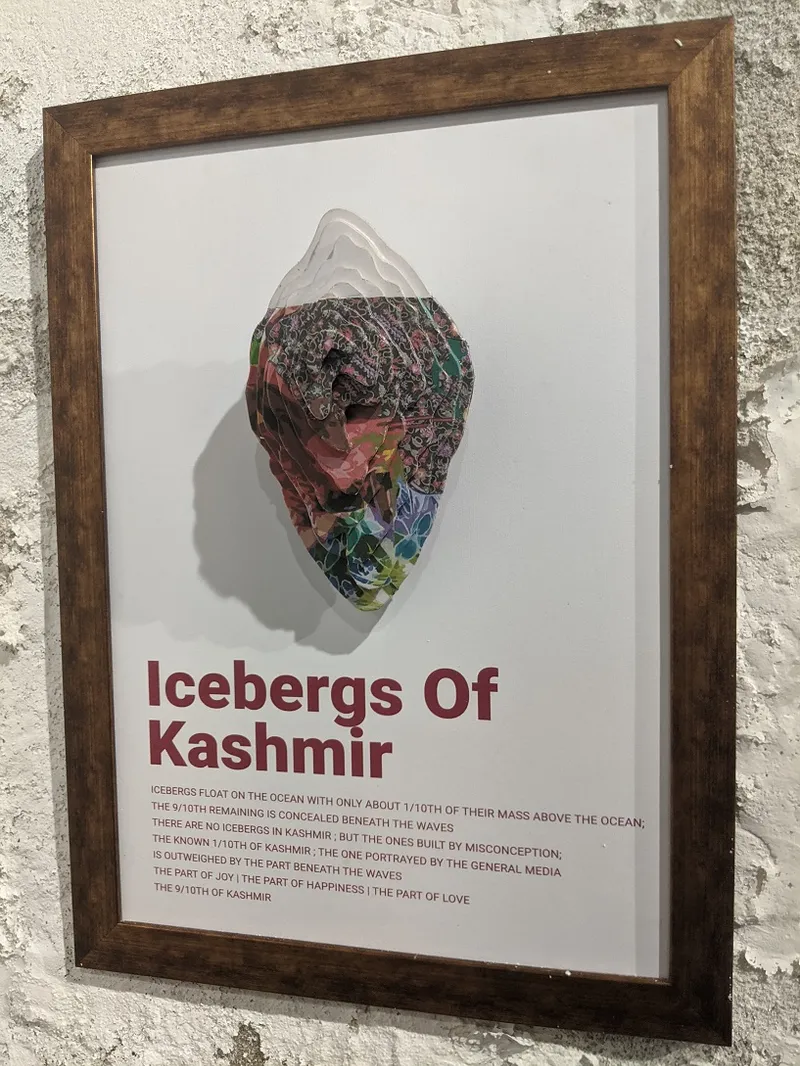
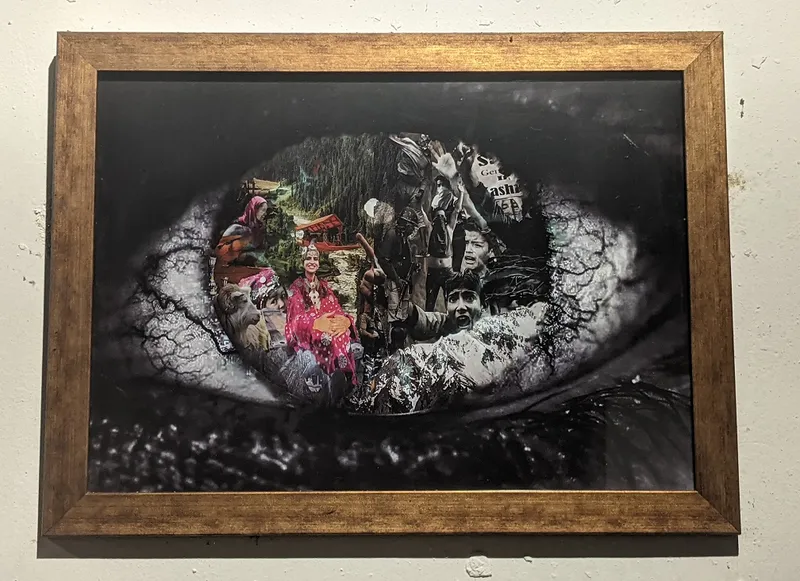
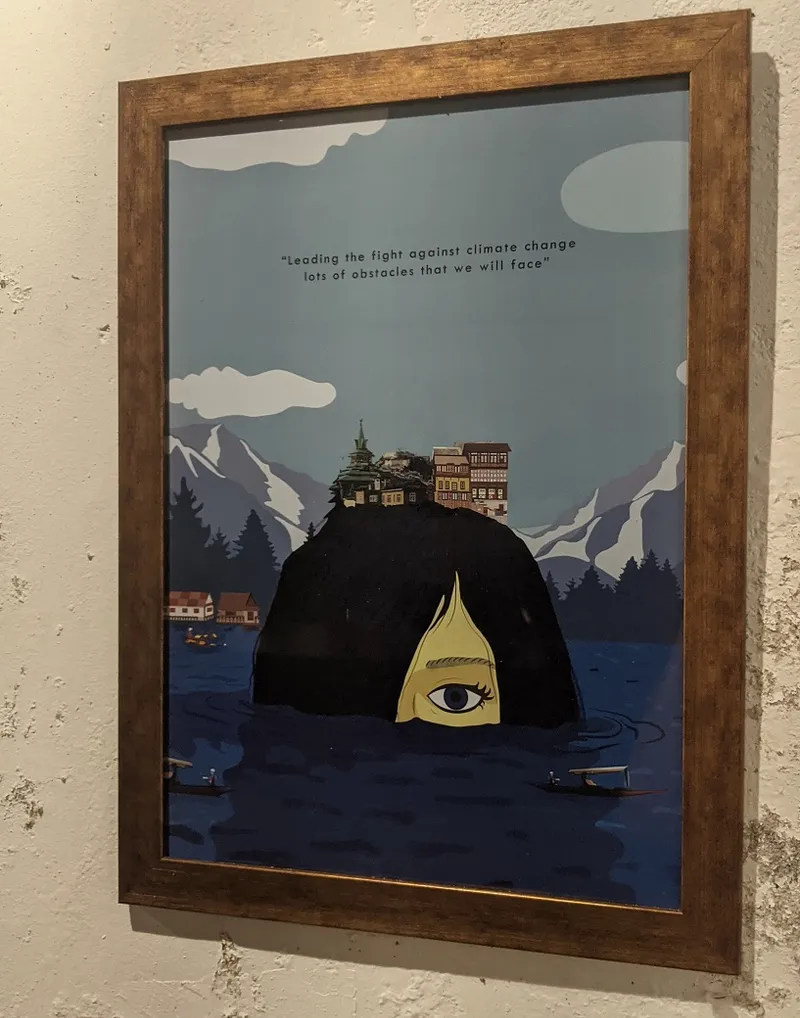
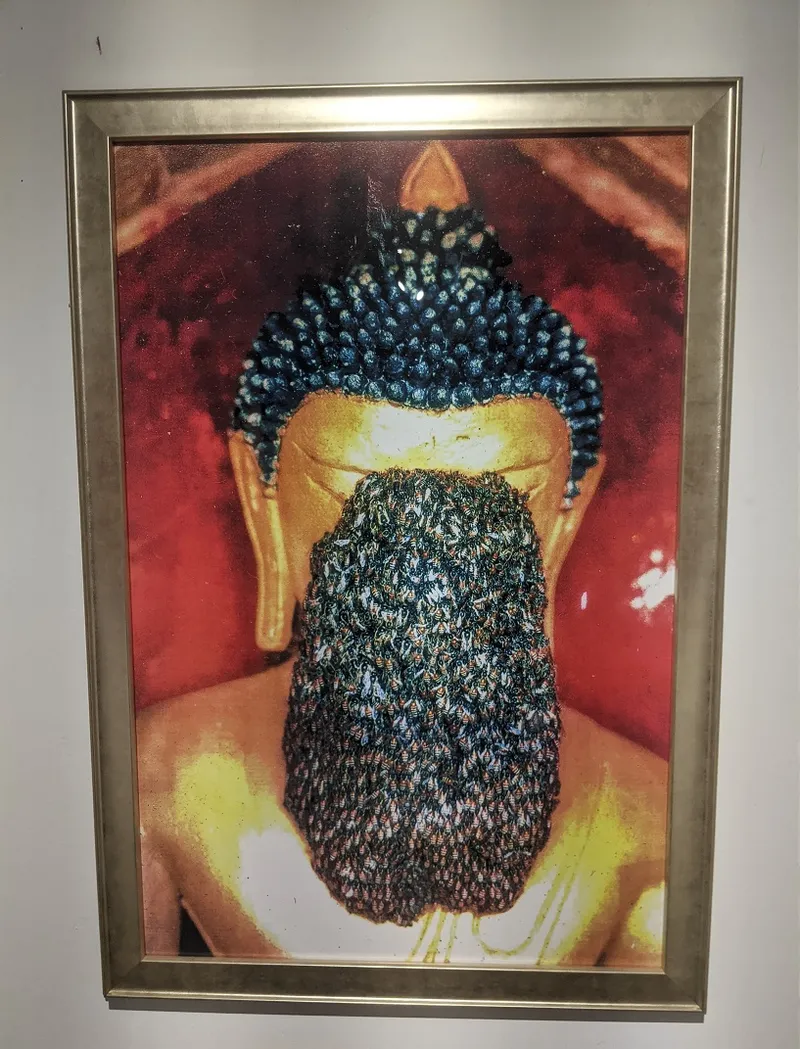
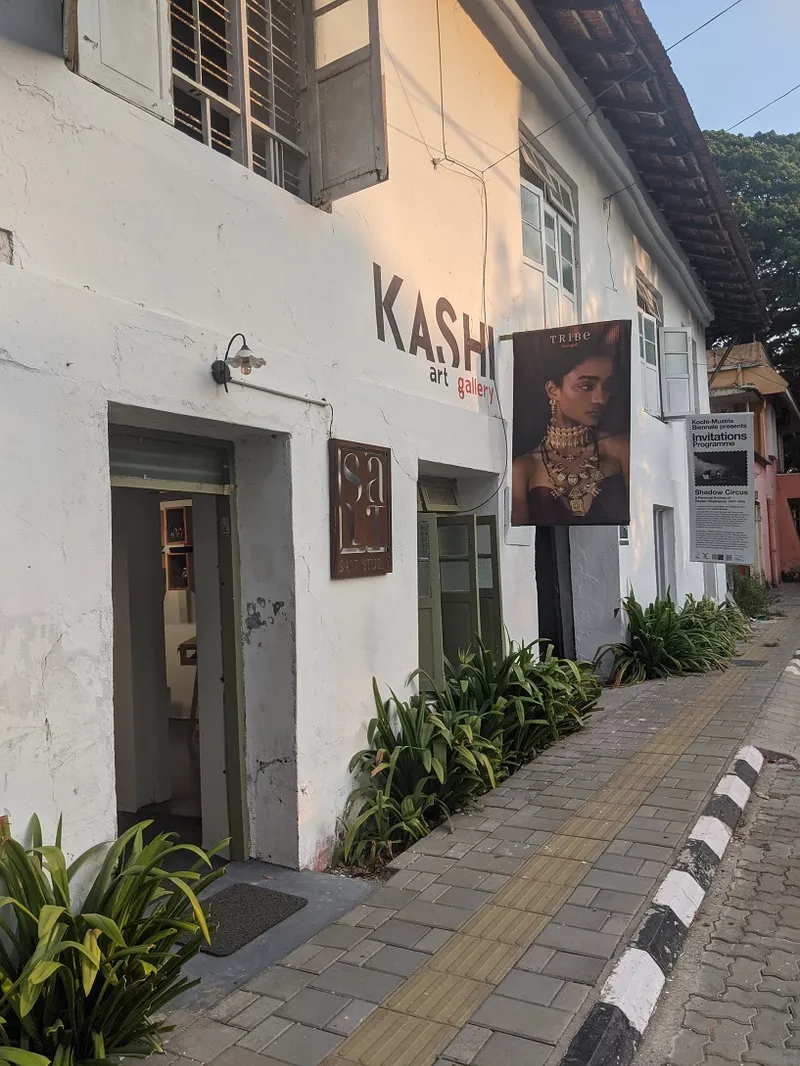
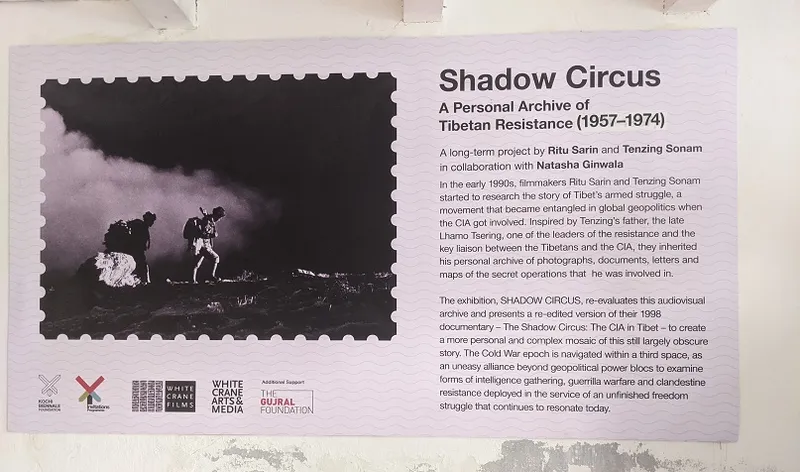
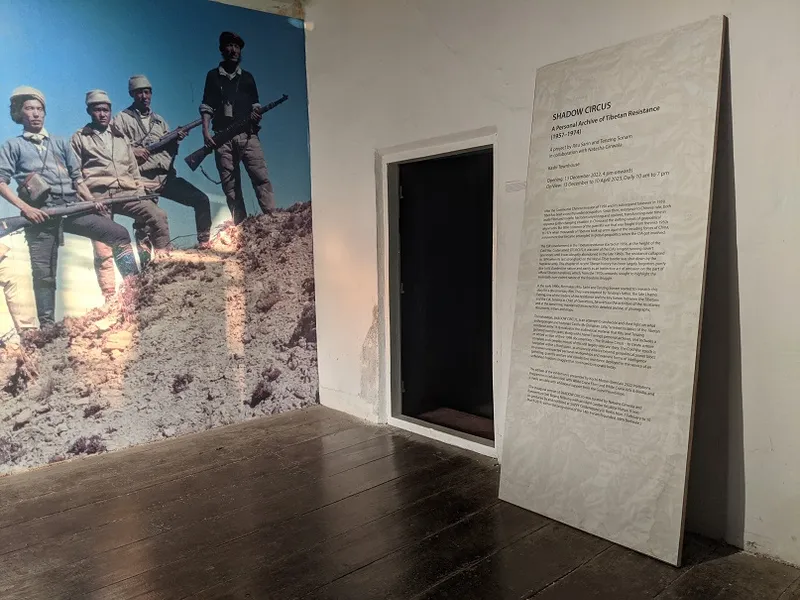
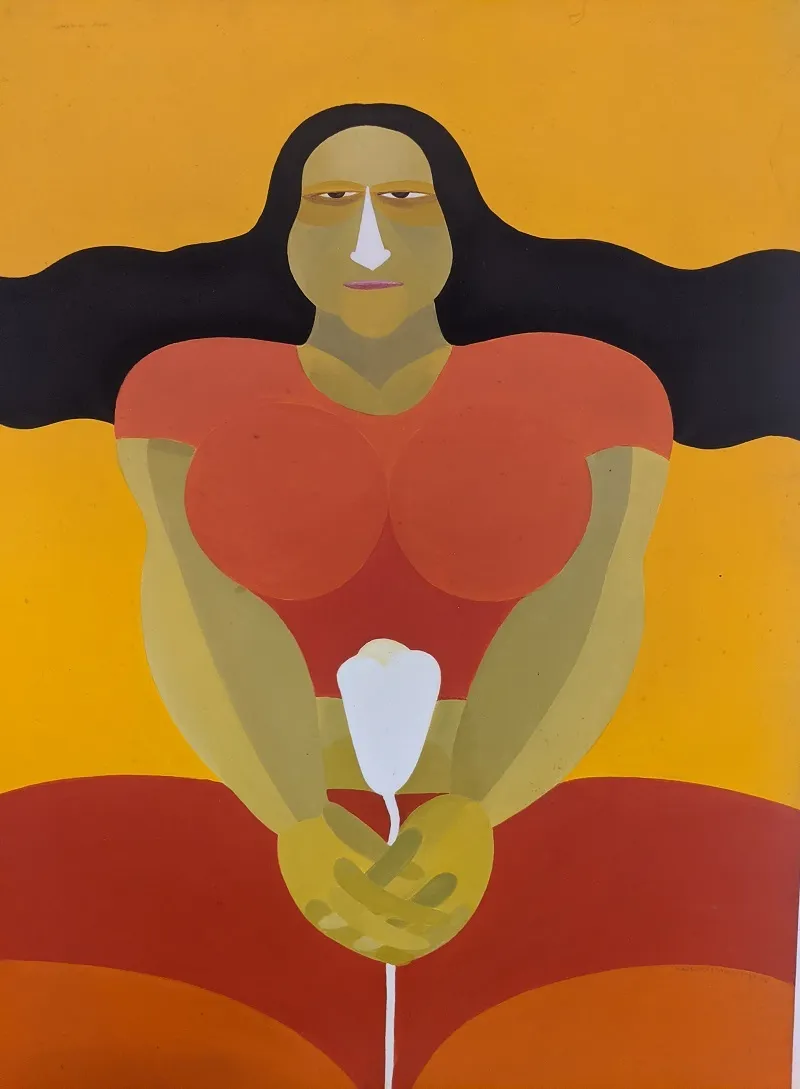
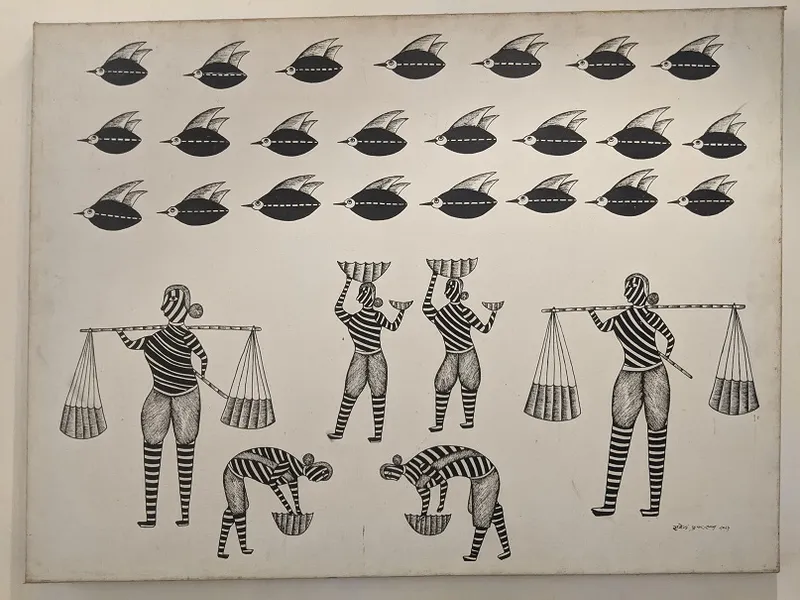
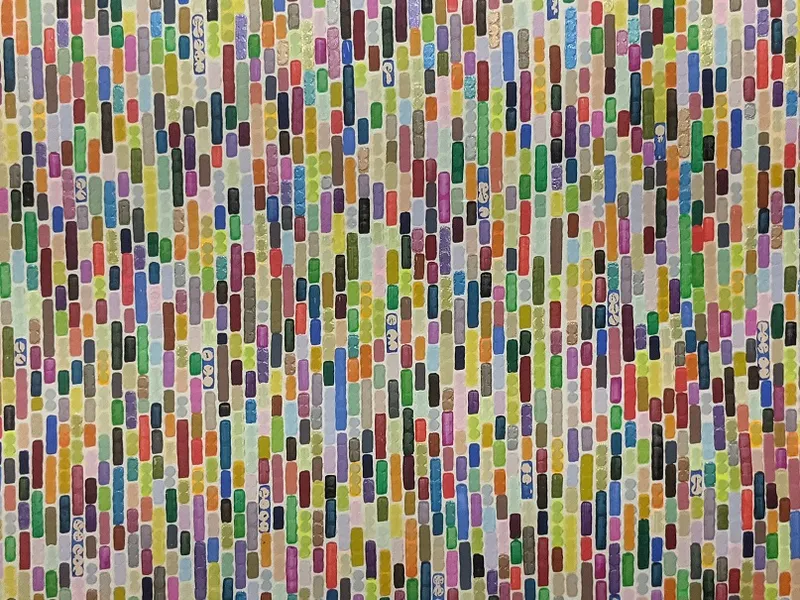
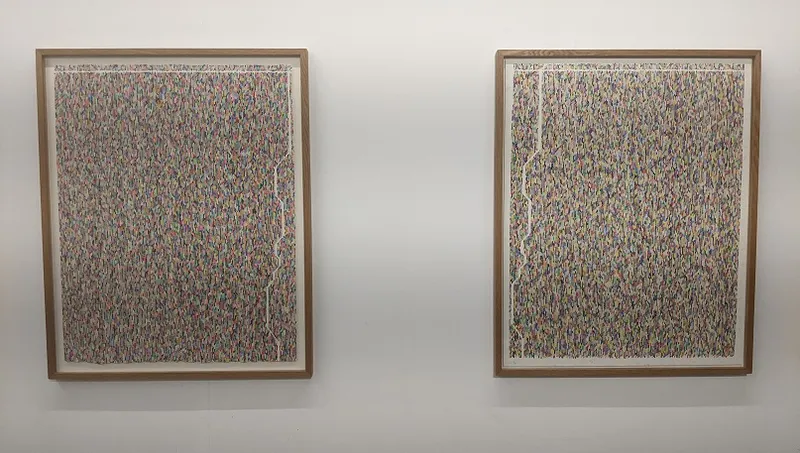

(All photographs were taken by Madanmohan Rao on location at the Biennale.)
See also the YourStory pocketbook ‘Proverbs and Quotes for Entrepreneurs: A World of Inspiration for Startups,’ accessible as apps for Apple and Android devices.
Edited by Suman Singh



